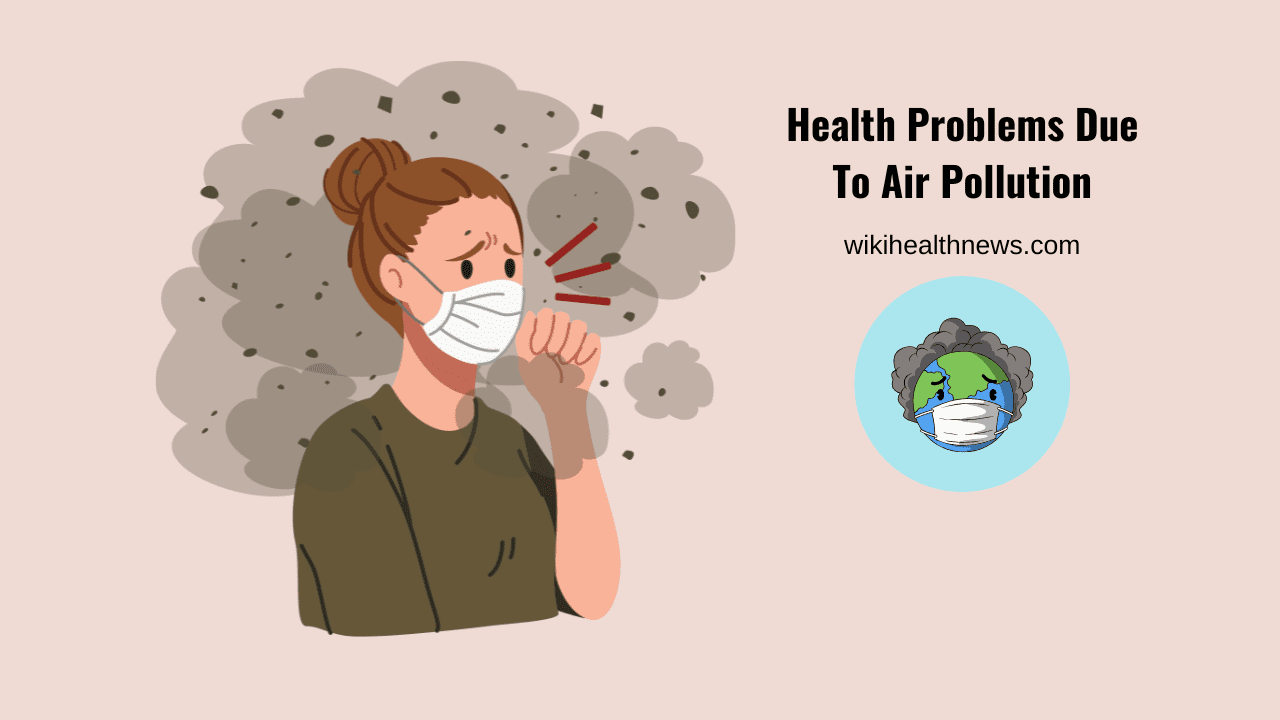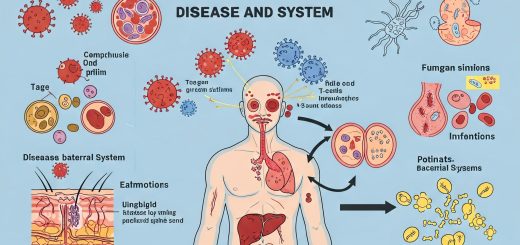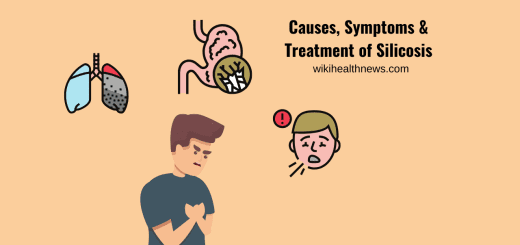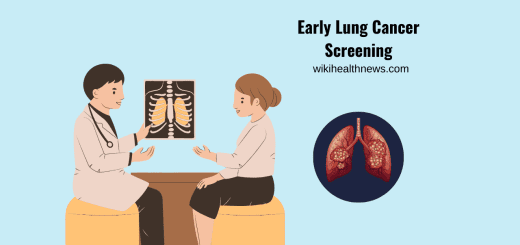Health Problems Due to Air Pollution: Clear The Air

Air pollution has become one of the most pressing environmental issues of our time, impacting not only the planet but also the health of millions. As urbanization and industrialization continue to rise, the quality of the air we breathe is deteriorating at an alarming rate. This article will delve into the various health problems associated with air pollution, highlighting its effects on different populations and providing insights into preventive measures.
Understanding Air Pollution
Air pollution refers to the presence of harmful substances in the atmosphere, including gases, particulates, and biological molecules. Common pollutants include:
- Particulate Matter (PM): Tiny particles that can penetrate the respiratory system.
- Nitrogen Dioxide (NO2): A gas produced from burning fossil fuels, particularly in vehicles and power plants.
- Sulfur Dioxide (SO2): Emitted from industrial processes and power generation.
- Carbon Monoxide (CO): A colorless, odorless gas from incomplete combustion of fossil fuels.
- Ozone (O3): A reactive gas that can form ground-level smog.
These pollutants can lead to a variety of health issues, particularly affecting vulnerable groups such as children, the elderly, and those with pre-existing health conditions.
Respiratory Issues
One of the most significant health problems linked to air pollution is respiratory disease. Prolonged exposure to pollutants can lead to conditions such as:
- Asthma: Air pollution can trigger asthma attacks and exacerbate existing symptoms. Studies have shown that children living in polluted areas are at a higher risk of developing asthma.
- Chronic Obstructive Pulmonary Disease (COPD): This group of diseases, including emphysema and chronic bronchitis, can be worsened by exposure to polluted air. Inhaling fine particles can cause inflammation and damage to lung tissue.
- Lung Cancer: Long-term exposure to certain air pollutants, particularly PM2.5, has been linked to an increased risk of lung cancer. The International Agency for Research on Cancer (IARC) has classified outdoor air pollution as a human carcinogen.
Cardiovascular Effects
Air pollution doesn’t just affect the lungs; it also poses significant risks to cardiovascular health. Research indicates that:
- Heart Disease: Fine particulate matter can enter the bloodstream, leading to inflammation and contributing to the development of heart disease. Individuals exposed to high levels of air pollution are at a greater risk of heart attacks and strokes.
- Hypertension: Studies suggest that air pollution may contribute to elevated blood pressure, increasing the risk of heart-related issues.
Neurological Impact
Emerging research has revealed that air pollution can have detrimental effects on the nervous system.
- Cognitive Decline: Exposure to air pollutants has been associated with cognitive decline in older adults. Studies show a link between high levels of air pollution and increased rates of dementia and Alzheimer’s disease.
- Developmental Issues in Children: Children exposed to polluted air may face developmental delays and learning disabilities. Air pollution can affect brain development, potentially leading to long-term cognitive deficits.
Reproductive and Developmental Effects
Air pollution can also impact reproductive health and fetal development.
- Pregnancy Complications: Pregnant women exposed to high levels of air pollution face increased risks of preterm birth, low birth weight, and developmental issues in children.
- Infertility: Some studies suggest that exposure to environmental pollutants can affect fertility in both men and women.
Vulnerable Populations
Certain groups are particularly vulnerable to the health effects of air pollution.
- Children: Their developing lungs and immune systems make them more susceptible to the harmful effects of pollutants.
- Elderly: Older adults often have pre-existing health conditions that can be exacerbated by poor air quality.
- Low-Income Communities: These areas frequently face higher exposure to pollution due to proximity to industrial sites and lack of resources for healthcare and pollution mitigation.
Mitigating the Effects of Air Pollution
While the health risks associated with air pollution are severe, there are steps individuals and communities can take to mitigate these effects.
1. Stay Informed
Monitoring air quality can help individuals plan their activities. Websites and apps provide real-time air quality data, allowing people to avoid outdoor activities during high pollution days.
2. Limit Exposure
When air quality is poor, limit outdoor activities, especially strenuous ones. Use air purifiers at home to improve indoor air quality and reduce the intake of pollutants.
3. Advocate for Change
Engaging in community efforts to reduce pollution is crucial. Support policies aimed at reducing emissions, promoting clean energy, and improving public transportation.
4. Healthy Lifestyle Choices
A balanced diet rich in antioxidants can help combat the effects of air pollution. Regular exercise also strengthens the respiratory and cardiovascular systems, helping mitigate some health risks.
5. Government and Community Initiatives
Support local and national initiatives aimed at improving air quality, such as stricter emissions standards for vehicles and industries. Participating in tree-planting initiatives can also help improve air quality in urban areas.
Conclusion
Air pollution poses significant health risks that affect millions worldwide. From respiratory and cardiovascular issues to neurological impacts, the consequences are profound and far-reaching. Understanding these health problems is the first step toward advocating for cleaner air and healthier communities. By taking proactive measures, we can work together to combat air pollution and protect the health of current and future generations.
Read More











